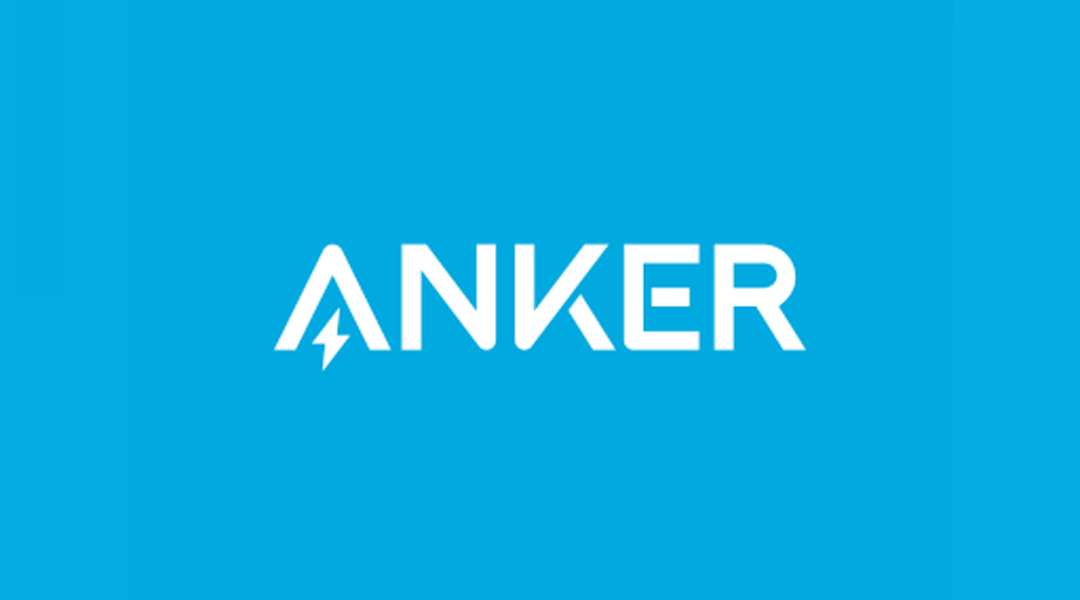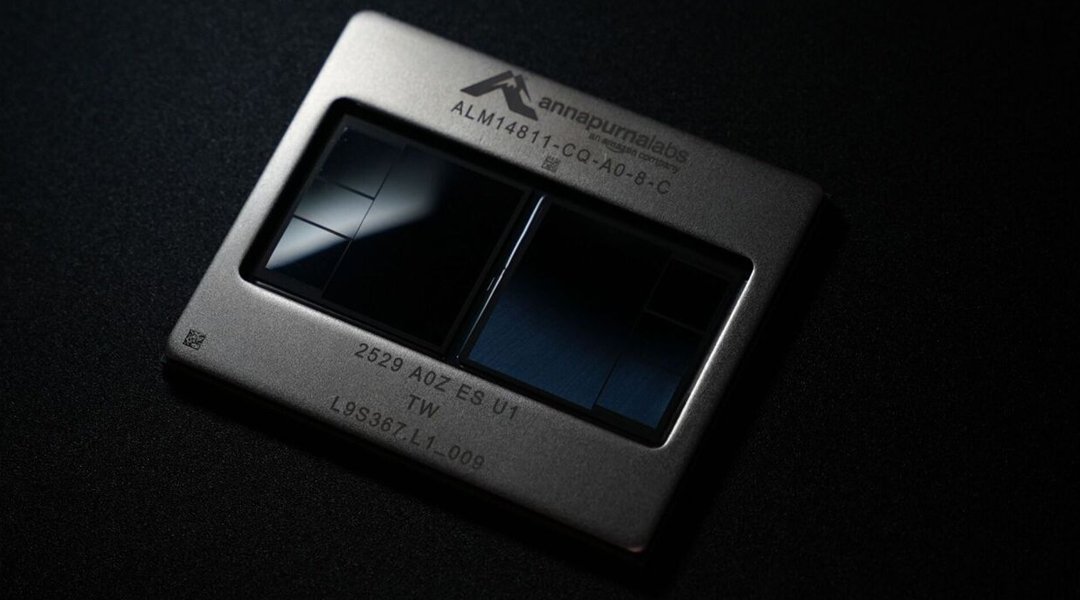Rep. John Moolenaar’s recent request that the Commerce Department probe Anker Innovations could be a turning point for the company and the wider consumer-tech market. The Select Committee’s Sept. 22, 2025 press release points to possible tariff evasion and resurrects earlier security concerns around Anker’s Eufy line — charges that, if pursued, could have far-reaching consequences.
Immediate impact: headlines and shaken trust
In the near term, expect a wave of negative publicity and heightened consumer wariness. The committee’s public appeal has already revived attention to prior Eufy privacy issues — notably reports that some cameras streamed unencrypted video — and that history raises the stakes for Anker. Even before any formal penalties, sustained media coverage and political scrutiny can dent sales and tarnish the brand’s reputation.
What regulators might do next
Commerce could open an inquiry into import classifications and tariff practices, leading to audits, fines, or retroactive duties if wrongdoing is found. Beyond trade issues, other agencies could assess cybersecurity and supply-chain risks, which might trigger procurement restrictions or import controls on particular products. Typically these processes begin with document requests and audits and may escalate to enforcement, but outcomes are uncertain and depend on what investigators find.
Potential long-term effects on Anker
If regulators uncover trade violations or lingering security problems, Anker could face financial penalties, increased customs oversight, reduced retail placement, and limits on government purchasing. Even without formal findings, prolonged scrutiny frequently prompts retailers and partners to distance themselves to avoid fallout, forcing Anker to spend heavily on compliance fixes and security reassurances to win back trust.
Wider industry implications
This episode will likely intensify several already-developing trends. Companies with ties to China — whether in manufacturing, financing, or ownership — will see amplified scrutiny not only of trade paperwork but of product cybersecurity. Buyers and procurement teams are likely to impose stricter vendor checks, demanding third-party security audits and clearer proof of component origins. The situation also accelerates calls for uniform IoT security certifications and clearer labeling, benefiting firms that already emphasize privacy, secure design, or domestic partnerships.
Paths forward and opportunities
For Anker, the quickest way to reduce damage is proactive transparency: fully cooperate with any inquiry, rapidly address Eufy security shortfalls with third-party validation, and publish clearer supply-chain records. For suppliers and competitors, this moment is a reminder that compliance and privacy are now strategic differentiators. Companies that invest early in robust security practices and certification will gain an edge as buyers and regulators tighten standards.
The Select Committee’s letter does not itself penalize Anker, but it materially increases the likelihood of formal probes that could impose costs and operational burdens. More broadly, the episode is likely to push the consumer-tech sector toward tougher oversight, more rigorous security expectations, and greater demand for verified supply-chain transparency. Over time, that should favor vendors who can demonstrate both technical security and clear, compliant sourcing — not just low prices and nice features.
More Article for the similar topic
Anker’s Voluntary Power Bank Recall: A Bold Move with Big Implications
As for in-depth insight articles about AI tech, please visit our AI Tech Category here.
As for in-depth insight articles about Auto Tech, please visit our Auto Tech Category here.
As for in-depth insight articles about Smart IoT, please visit our Smart IoT Category here.
As for in-depth insight articles about Energy, please visit our Energy Category here.
If you want to save time for high-quality reading, please visit our Editors’ Pick here.




